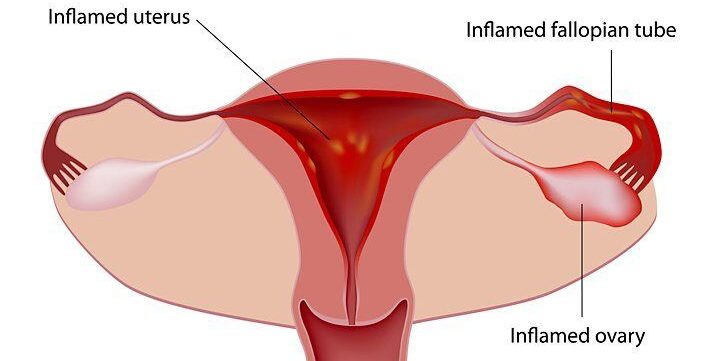Myths and Facts About Menstruation:
Understanding the Truth Behind Periods
Menstruation has long been surrounded by cultural beliefs, misconceptions, and taboos. These myths often create confusion and shame, especially for young girls learning about their bodies. Understanding the science behind menstruation is essential for promoting menstrual hygiene, women’s health, and overall well-being. Below are some of the most common menstruation myths and the scientific facts that debunk them.
Myth 1: Menstruation is impure or dirty.
In many regions, especially in India, menstruation is viewed as impure. This belief dates back to ancient traditions where women were restricted from daily activities during their periods.
Fact:
Menstruation is a natural biological process. It occurs when the endometrium (the lining of the uterus) sheds after ovulation if pregnancy does not occur. The traditional practice of resting during menstruation was never about impurity—it was meant to reduce physical strain and give women time to recover.
Myth 2: Menstruating women should not enter the kitchen or cook food.
Some people believe that women on their period are unhygienic or emit a smell that spoils food.
Fact:
Research by Kumar and Srivastava (2011) highlights that this belief is cultural, not scientific. No medical evidence shows that menstruation affects food preparation or causes food spoilage. Women can safely cook and handle food during their periods.
Myth 3: Eating sour foods, tamarind, or pickles can stop menstruation.
Cultural restrictions often discourage women from eating certain foods during their period.
Fact:
These foods do not stop menstruation. However, spicy or sour foods may worsen cramps or discomfort for some women, which is why they are avoided—not because they interfere with the menstrual cycle.
Myth 4: Exercising during menstruation increases pain.
Many girls avoid physical activity because they think exercise worsens cramps.
Fact:
Exercise helps! Physical activity releases serotonin, which improves mood, reduces cramps, relieves bloating, and supports overall menstrual health. Light and moderate exercise can ease discomfort rather than worsen it.
Myth 5: Menstrual cramps mean infertility.
Some believe that painful periods indicate reproductive problems.
Fact:
Menstrual cramps (dysmenorrhea) are usually caused by natural uterine contractions. While severe cramps can sometimes indicate conditions like endometriosis or fibroids, cramps alone do not mean infertility.
Myth 6: PMS is just psychological and “all in the head.”
Premenstrual syndrome is often misunderstood or dismissed.
Fact:
PMS has real physical and emotional symptoms linked to hormonal changes in the menstrual cycle. A healthy diet, exercise, stress management, and good sleep can significantly reduce PMS symptoms. amberjamesx january jones nude
Myth 7: Sports and physical activity should be avoided during periods.
Many think sports worsen dysmenorrhea.
Fact:
Planned exercise, including sports, actually helps reduce menstrual pain and improves blood circulation, making exercise beneficial during periods.
Common Observational Myths About Dysmenorrhea
A 2015 study conducted among 100 women with primary dysmenorrhea revealed additional misconceptions:
Myth: Hostel food changes cause menstrual pain.
Fact:
Spicy, oily, or junk foods may worsen symptoms, but the pain itself is not caused by relocation.
Myth: Pain-relief medicines during periods cause infertility or difficult childbirth.
Fact:
There is no scientific evidence supporting this. Pain medication helps relieve cramps and does not affect fertility or labor outcomes.
Myth: Sitting for long hours increases menstrual pain.
Fact:
Exercise reduces period pain, while sitting too long may cause discomfort due to poor circulation—not because of menstruation.
Myth: You shouldn’t take a head bath during menstruation.
Fact:
Warm baths, including head baths, relax muscles and reduce cramps. Bathing during menstruation is safe and improves hygiene.
Discussion and Conclusion
Many menstruation myths persist despite having no scientific backing. Today, it is important to rely on accurate information, medical research, and open discussion to eliminate period shame and promote menstrual health. Check us out at Medical Art Center for more Information
Home Remedies for Menstrual Pain Relief
-
Engage in enjoyable activities such as reading, watching movies, or spending time with friends to distract from pain.
-
Perform mild or moderate exercise to release serotonin and ease cramps.
-
Use pain-relief positions like lying on your side with knees bent.
-
Take warm baths to relax tense muscles.
-
Stay hydrated and avoid sugary drinks, caffeine, and excessive salt.
-
Maintain a balanced diet and consider supplements recommended by a healthcare provider.






